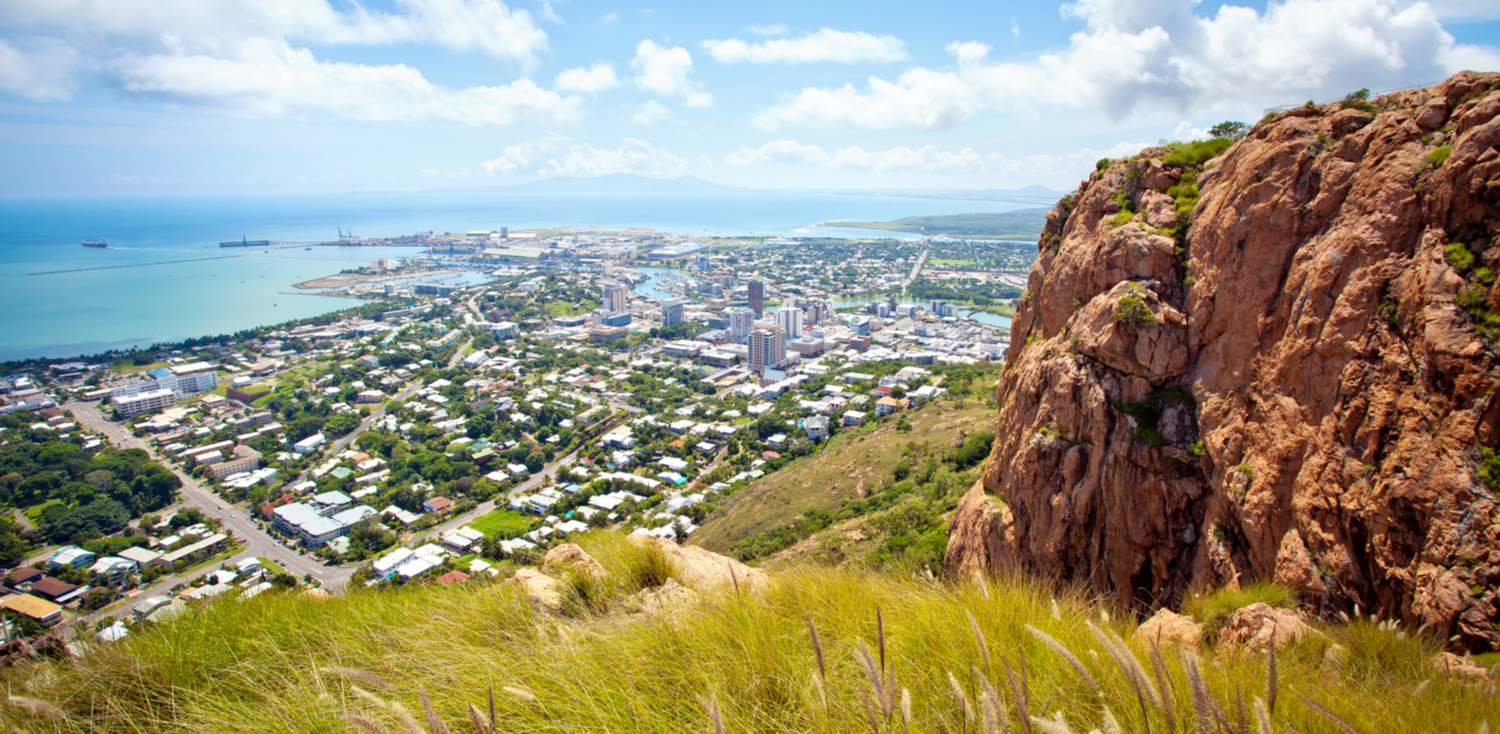What do employers need to do to get good people from metro areas to relocate to regional areas? By Nicola Heath
Scott Timmins AFIML never wanted to move to Townsville.
“I thought ‘it’s a small country town . . . and I won’t get much out of my life up here,’” he recalls. Twenty years later, the people solutions specialist at TP Human Capital says he’s now considered a local.
Australia is a heavily urbanised nation. According to figures from the Grattan Institute, three-quarters of Australians live in cities with a population above 100,000.
We also live in a knowledge economy, where highly educated people gravitate towards inner cities – “where knowledge-intensive activities are clustered, and where demand for knowledge workers is highest,” states Deloitte’s 2015 report, The Purpose of Place: Reconsidered.
The challenge for employers in regional areas traditionally reliant on declining primary and secondary industries is to attract skilled workers from the cities.
They are up against significant anti-regional bias. Like Timmins before his move to Townsville, most Australians are reluctant to relocate to a regional area for work.
A survey by SEEK found just two out of five Australian workers would consider relocating to a regional area.
What skilled workers want
Nearly half the survey respondents said they would relocate for a pay increase to the tune of $20,000 to $30,000 a year.
Timmins recommends regional employers carry out a market analysis of metro wages to come up with a competitive remuneration package, and consider offering perks like a car or rent assistance.
Concerns about career progression is another issue. More than half of those surveyed said they felt that moving to a regional area would limit their career.
But Timmins says employers can sell roles in regional areas as good experience. Whereas a career in the CBD often leads to specialisation, in the regions, jobs are often multi-disciplinary.
A manager in a government department in outback Queensland may require skills across three or more different industries, says Timmins. “That can be really beneficial for them in the long term.”
The breadth of experience they gain in such a role can assist their career progression, whether they want to stay in regional Australia or return to the CBD.
What makes a region attractive?
Lifestyle is a big factor. Australians love living by the sea – 80 per cent of Australia’s population lives within 100 kilometres of the coast.
Jock Collins, Professor of Social Economics at UTS Business School, singles out transport infrastructure and an effective broadband network – “not one that goes through copper wires but one that’s very fast” – as critical measures to attracting people to regional Australia.
Investment in regional universities is crucial in both generating employment and stemming the flow of young people moving to the city to work or study.
Migration can drive economic growth, bringing “skills, experience, tastes and preferences that contribute vitality and vibrancy,” states the Deloitte report.
Employers, particularly in non-coastal areas, are increasingly looking to foreign workers to fill skills shortages, says Collins, who surveyed 1000 skilled migrants in regional Australia about their experiences. “Most said they had a warm welcome in the bush,” he says.
Regional cities can also build prosperity by enhancing their connections to inner cities and developing tertiary industries that employ knowledge workers.
One way to achieve this is “for governments and industry to locate significant knowledge-intensive activities in regional cities,” states the Deloitte report.
This worked in Orange, NSW, where the Greiner government moved the NSW Department of Agriculture (now the Department of Primary Industries) in the 1990s, at a time when traditional manufacturing jobs were in decline.
Today, Orange is thriving. It has a university campus and a new hospital that has cemented its position as a regional health centre. Unemployment remains low at 4.1 per cent, while property prices have risen 11.8 per cent in the 12 months to June 2017.
Back in Far North Queensland, Timmins has come to love Townsville, a city with “a country feel about it.”
“I never thought I’d see myself living in Townsville for the rest of my life, but I don’t see myself going anywhere else.”



